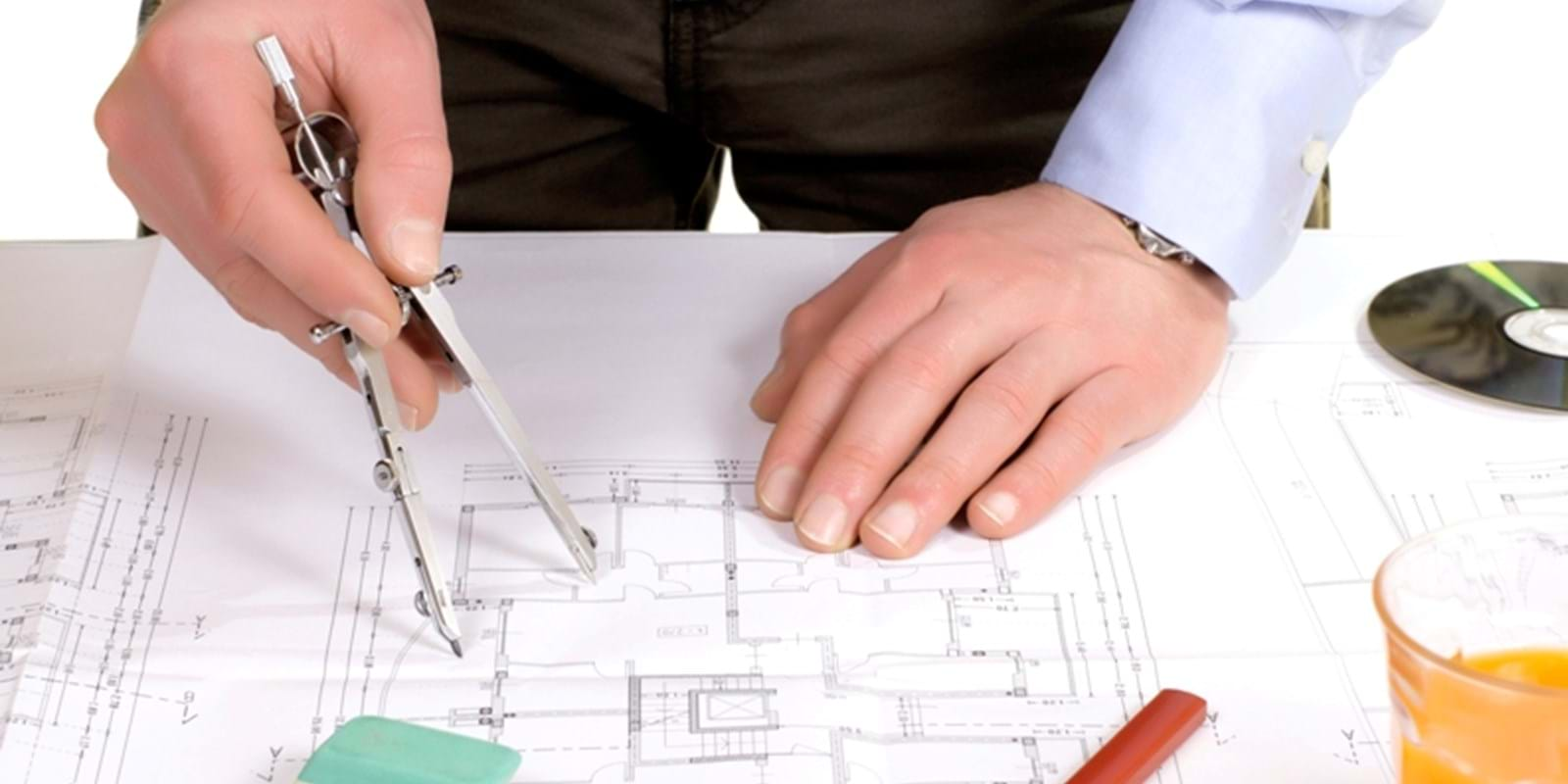Every year, Canadians are put at risk, injured — or worse — in house fires, simply because they haven’t taken the time to consider in advance what they can do in case of an emergency. The risk is even higher for seniors and people with a disability, because they may be unable to hear the alarm or exit the home quickly or without assistance.
Thankfully, there are many quick and easy steps you can take now to help prevent or prepare in the event of a fire. To help you keep your home and family safe and sound, Canada Mortgage and Housing Corporation (CMHC) offers the following tips on how to plan for a fire or other emergency:
- To make your home fire-safe, always keep a fire extinguisher readily available and easily accessible, keep stoves and fireplaces tidy and clean, never overload your electrical sockets, and install smoke alarms throughout your home. If anyone in the house is hard of hearing or visually impaired, you can buy alarms that combine audio and visual signals, such as flashing lights, vibrations and loud noises.
- Consider what your needs will be during an emergency, especially if anyone living in your home has hearing, vision or mobility difficulties. For example, can everyone hear the fire and smoke alarms from every room in the house? Will you need backup power for an elevator or ventilator? Can everyone evacuate the home independently?
- Prepare a fire safety evacuation plan with at least two clear and uncluttered evacuation routes, and practice it with everyone living in your home. Planning a safe escape route is the single most important fire safety step you can take. Make sure your plan has allowances to ensure everyone can get out safely, including infants, children, seniors or anyone with a disability.
- If you have a visual disability, keep your hallways and corridors clear; make sure your cooking area is free of clutter. If you have a mobility disability, design your kitchen so you don’t have to reach over the stove to turn it on or to access the cupboards. In any case, talk to your local fire department to see if they have a registry of people who require extra assistance in the event of a fire.
- Know in advance whom to contact in an emergency. If you don’t have 9-1-1 service in your area, post the emergency number for the fire department near your phone. If you have difficulty dialing or remembering phone numbers, purchase a telephone that comes with voice-dialing or an emergency call button, or which allows you to pre-program contact numbers.
- If you live in a high-rise, you will need to take additional steps to prepare and plan for a fire or other emergency. Work with your building manager to devise an evacuation plan that is specific to your needs, including deciding whether it might be safer for you to stay in your unit during an emergency, or identifying safe refuge areas where you can wait for assistance.
- It is also good to learn about different evacuation strategies that can be used to exit your home quickly, if you need assistance.

